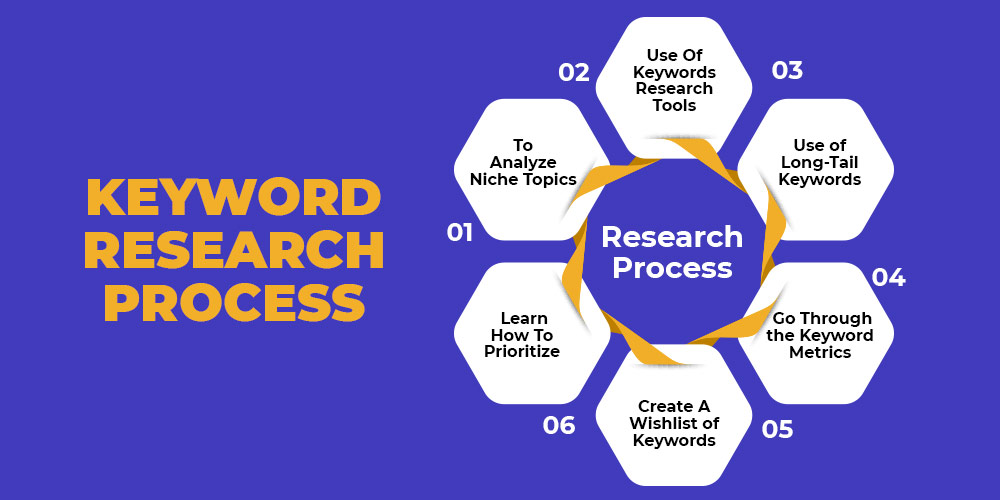79tka Insights
Your go-to source for the latest news and information.
Keyword Alchemy: Turning Search Terms into Gold
Unlock the secret to transforming your keywords into priceless traffic and goldmine your blog with proven SEO strategies!
Unlocking the Secrets of Keyword Research: A Beginner's Guide
Keyword research is the cornerstone of effective SEO, providing insights into what your target audience is searching for online. By understanding the language and terms used by potential customers, you can tailor your content to meet their needs. Begin by utilizing free tools like Google Keyword Planner or Moz Keyword Explorer to generate ideas. As you conduct your research, consider not only the volume of searches but also the competition for each keyword, which can help you identify niche opportunities.
Once you've gathered your initial list of keywords, it's important to categorize them based on search intent. This can be broken down into three main types: informational, navigational, and transactional. For a beginner, focusing on long-tail keywords can be particularly beneficial, as they often face less competition and attract more targeted traffic. For further reading on advanced techniques, check out Ahrefs' Keyword Research Guide which dives deeper into effective strategies for selecting the right keywords.

The Art of Keyword Optimization: Transforming Search Terms into Traffic
The art of keyword optimization is a vital component of search engine optimization (SEO) that involves identifying and strategically using keywords to enhance the visibility of your content. Effective keyword optimization starts with thorough research, understanding your audience, and recognizing the search terms they use to find information. By leveraging tools such as Google Keyword Planner or SEMrush, you can discover high-traffic keywords that align with your content's theme. Once you've identified these keywords, the next step is to integrate them naturally into your text, headings, and meta descriptions to ensure that search engines can efficiently index your pages.
Moreover, keyword optimization is not just about stuffing your content with keywords; rather, it's an art that requires a balanced approach. Utilizing long-tail keywords can significantly improve your chances of attracting a targeted audience, as these phrases often have lower competition and a higher conversion potential. It’s essential to monitor your keyword performance over time and make adjustments as necessary. As Search Engine Journal highlights, ongoing analysis allows you to refine your strategy, adapt to changing trends, and ultimately transform your chosen keywords into valuable traffic for your site.
How to Turn Your Keywords into Profitable Content Ideas
Identifying keywords is the first step in brainstorming profitable content ideas. Use tools like Google Keyword Planner or SEMrush to discover high-traffic keywords related to your niche. Once you have a list of keywords, categorize them based on search intent—whether they are informational, transactional, or navigational. For example, keywords like 'buy running shoes' indicate a transactional intent, while 'how to choose running shoes' suggests informational intent. By understanding the intent behind your keywords, you can tailor your content to meet your audience's specific needs. For more insights, check out Moz's Beginner's Guide to SEO.
Next, transform your identified keywords into actionable content ideas by utilizing a strategic approach. Begin by brainstorming topics that naturally align with your keywords and their associated user intent. Consider creating how-to guides, list articles, or case studies that provide valuable information. For instance, if your keyword is 'best fitness apps,' a comprehensive article listing top apps with user reviews could attract significant traffic. Additionally, using a content calendar can help you plan and organize these topics effectively. To explore more methods for generating content ideas, visit Content Marketing Institute.